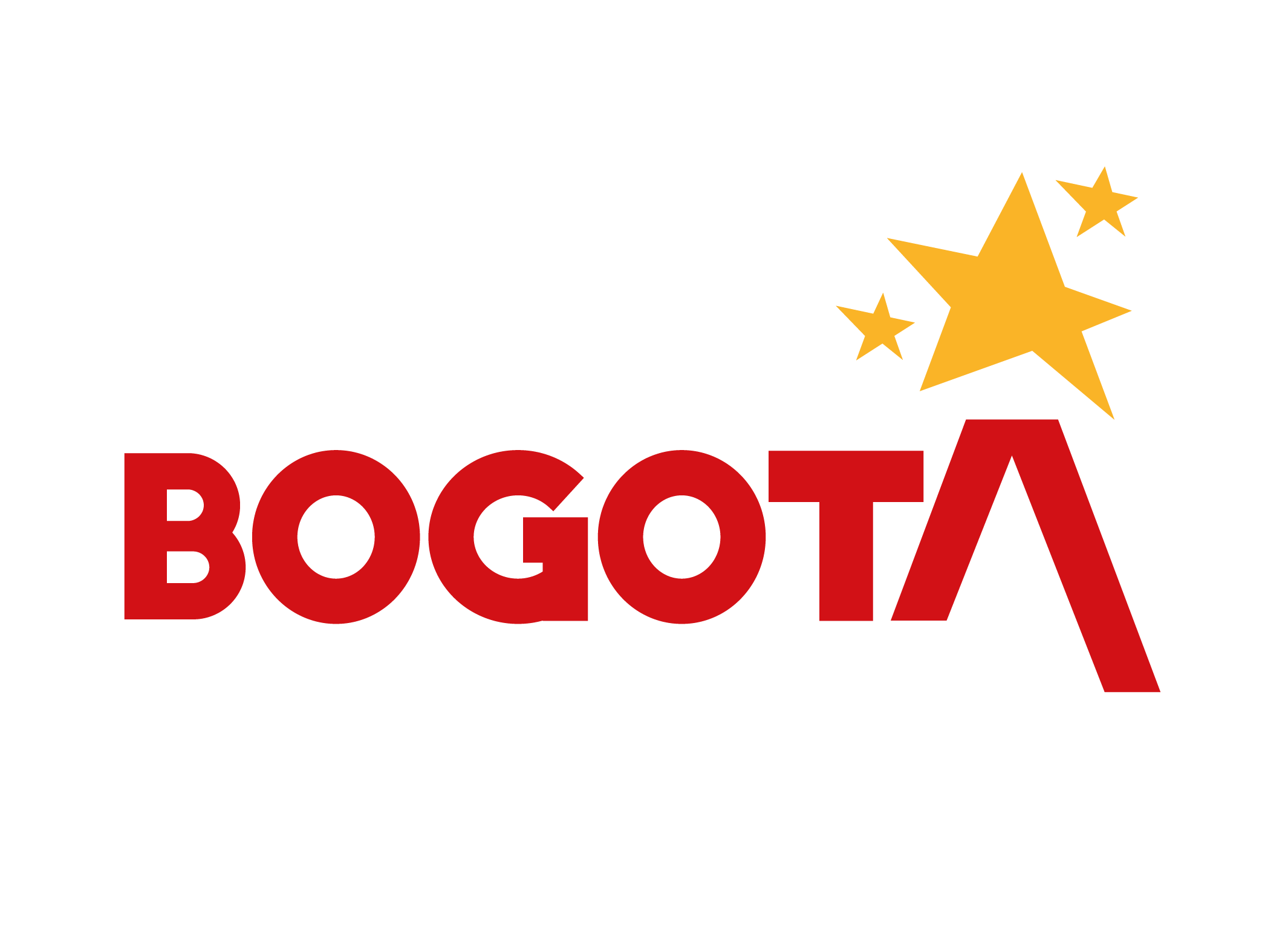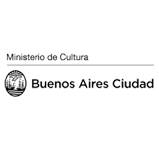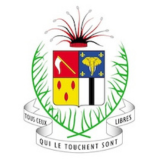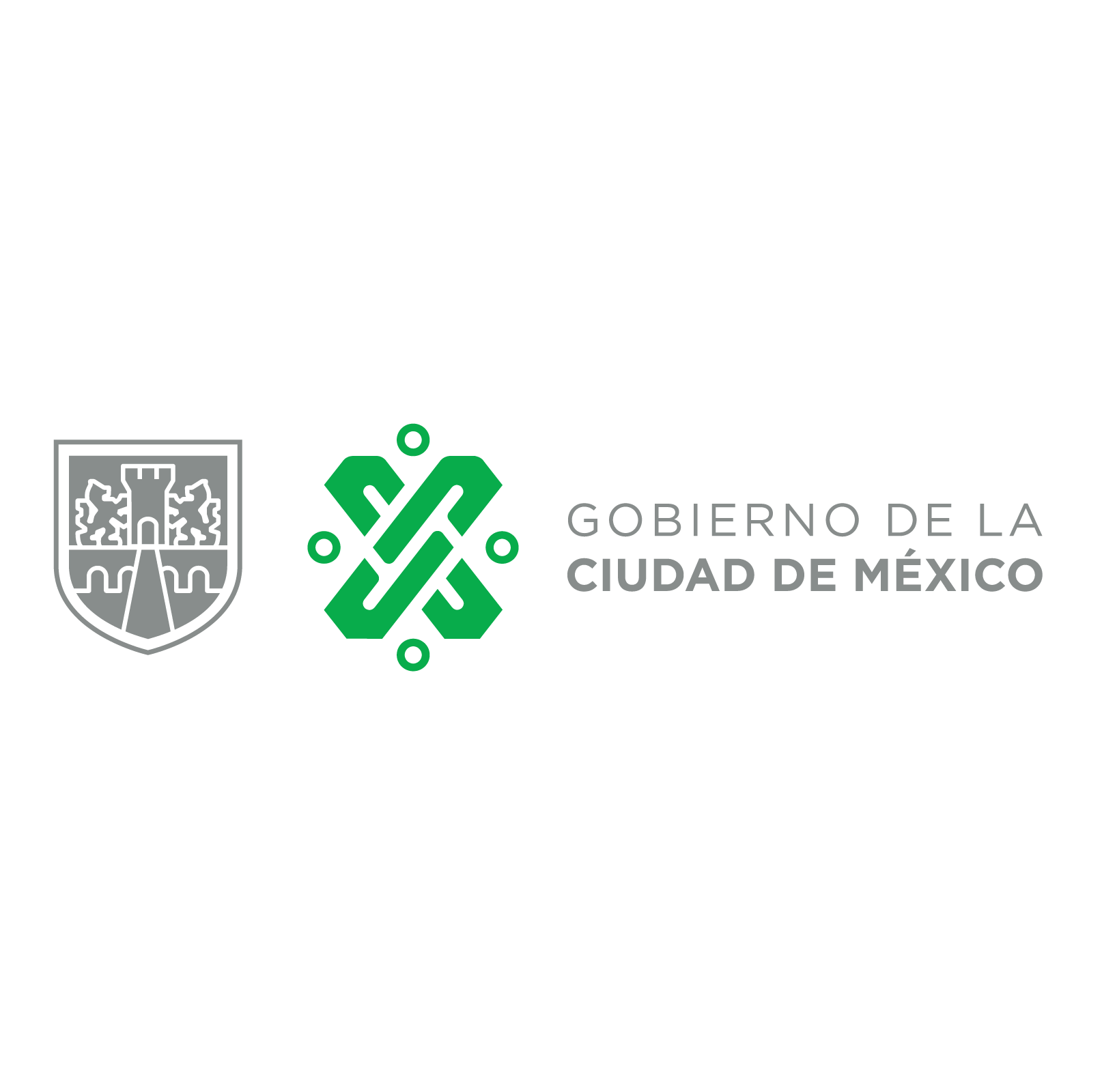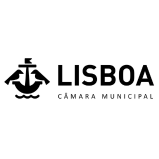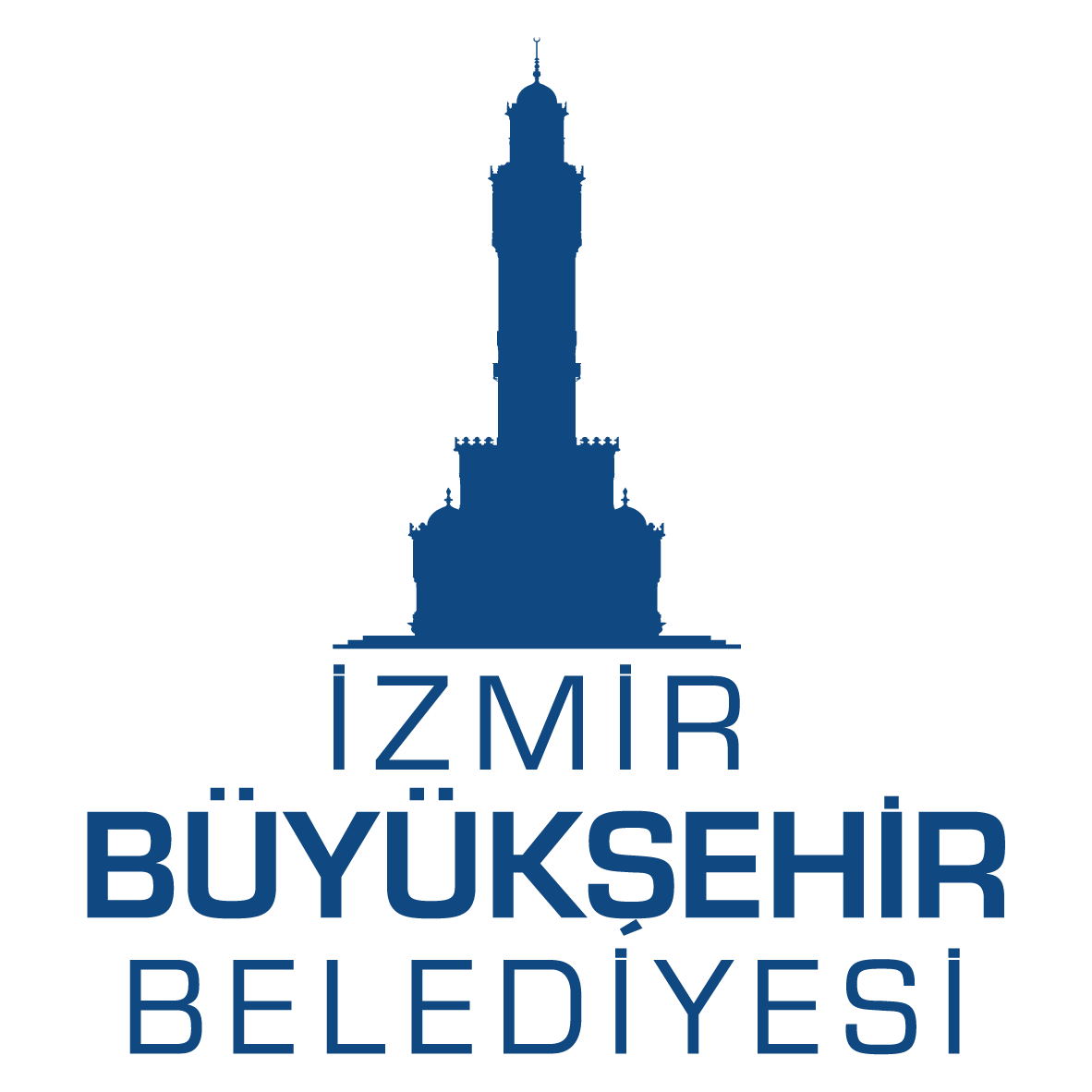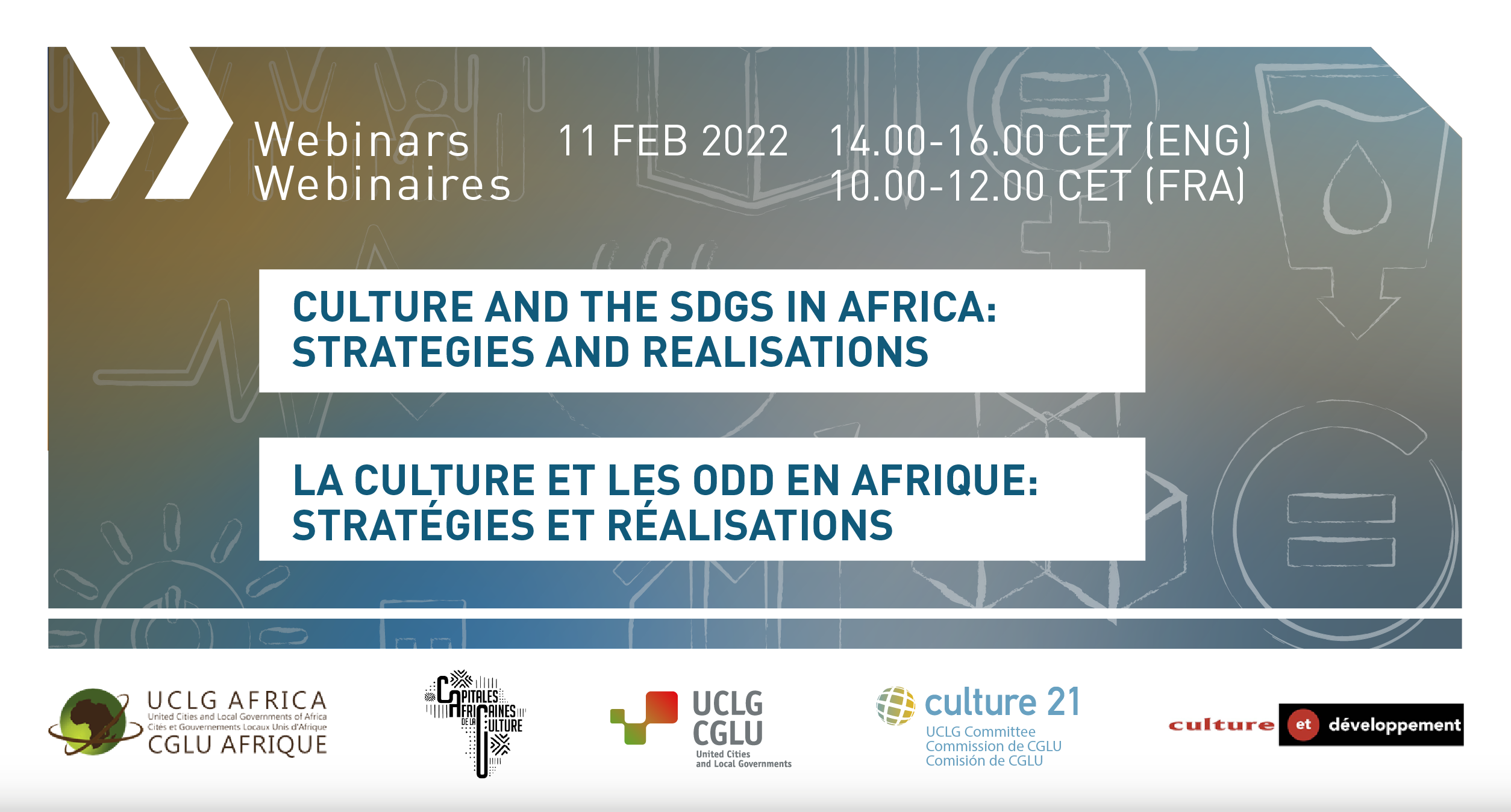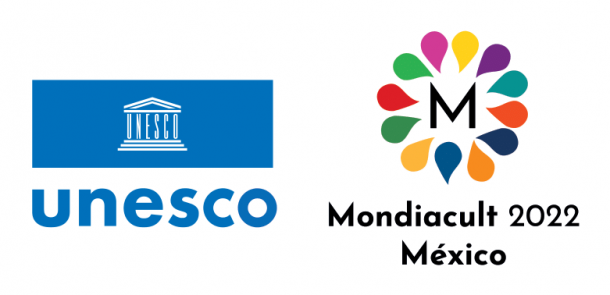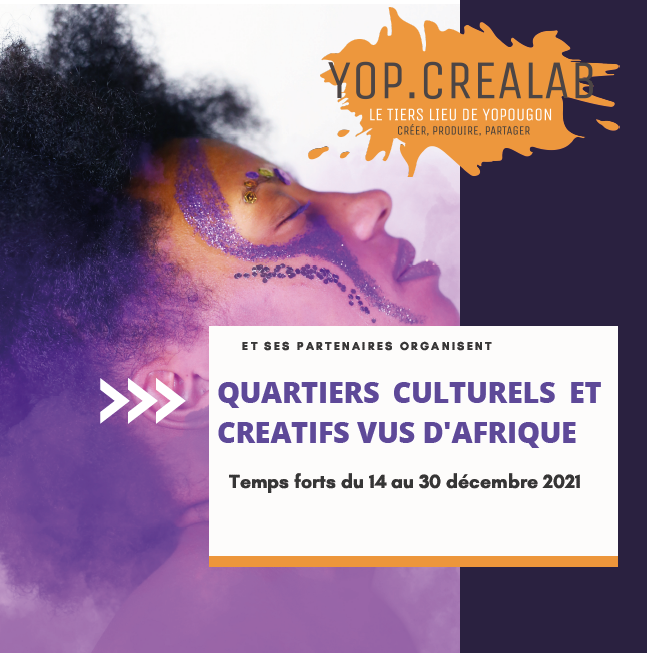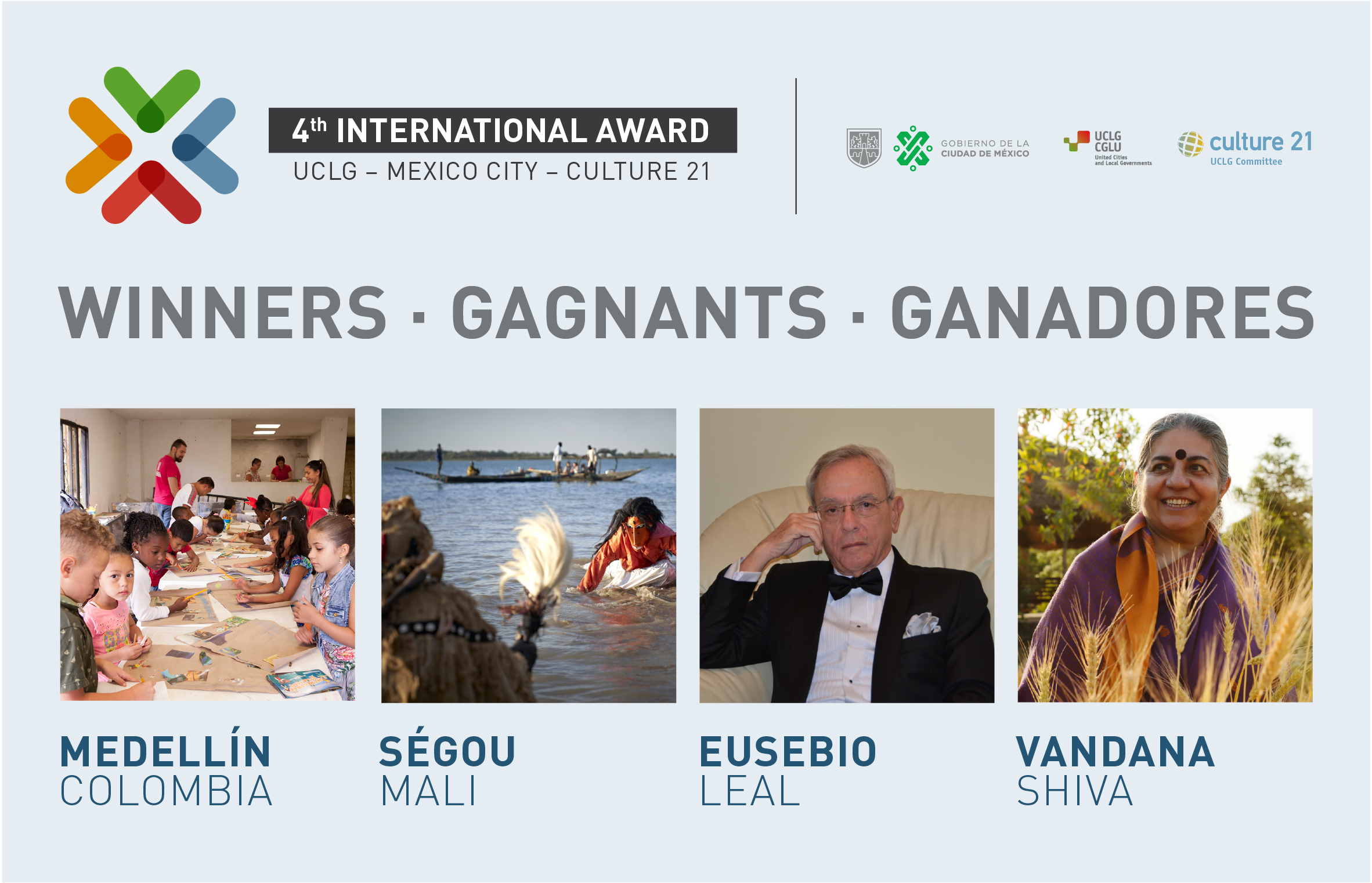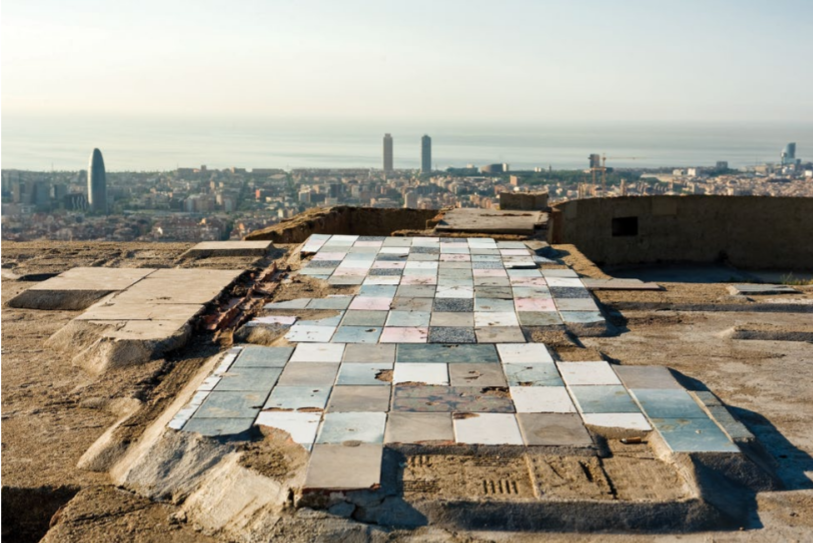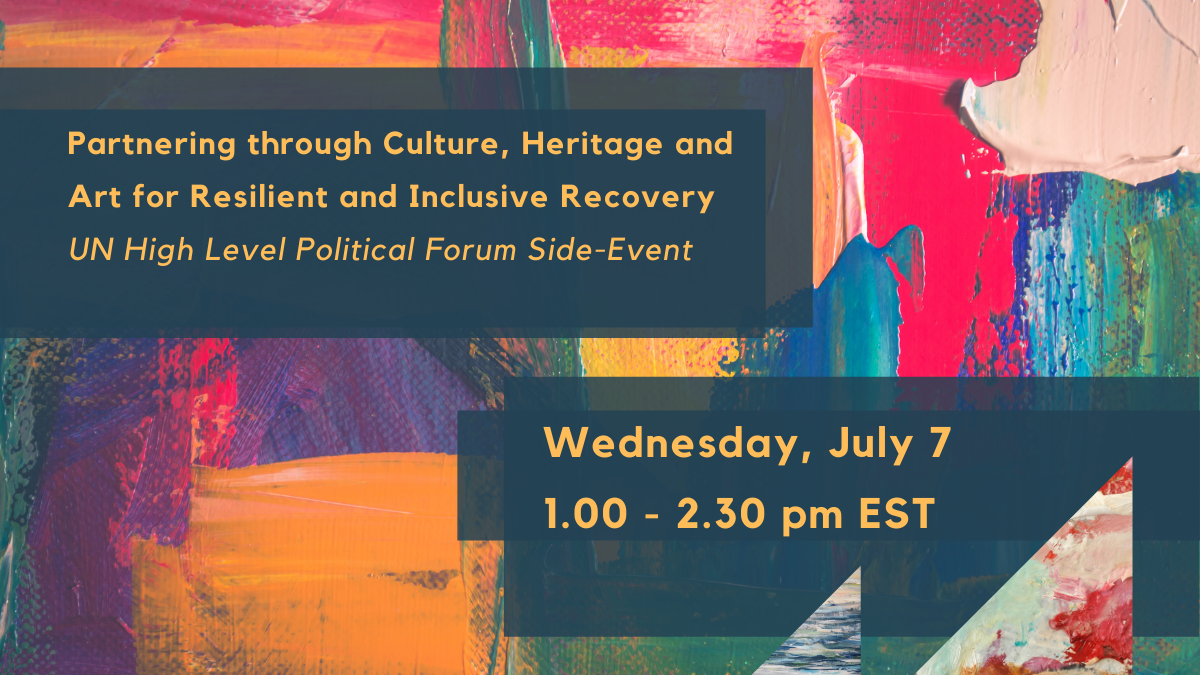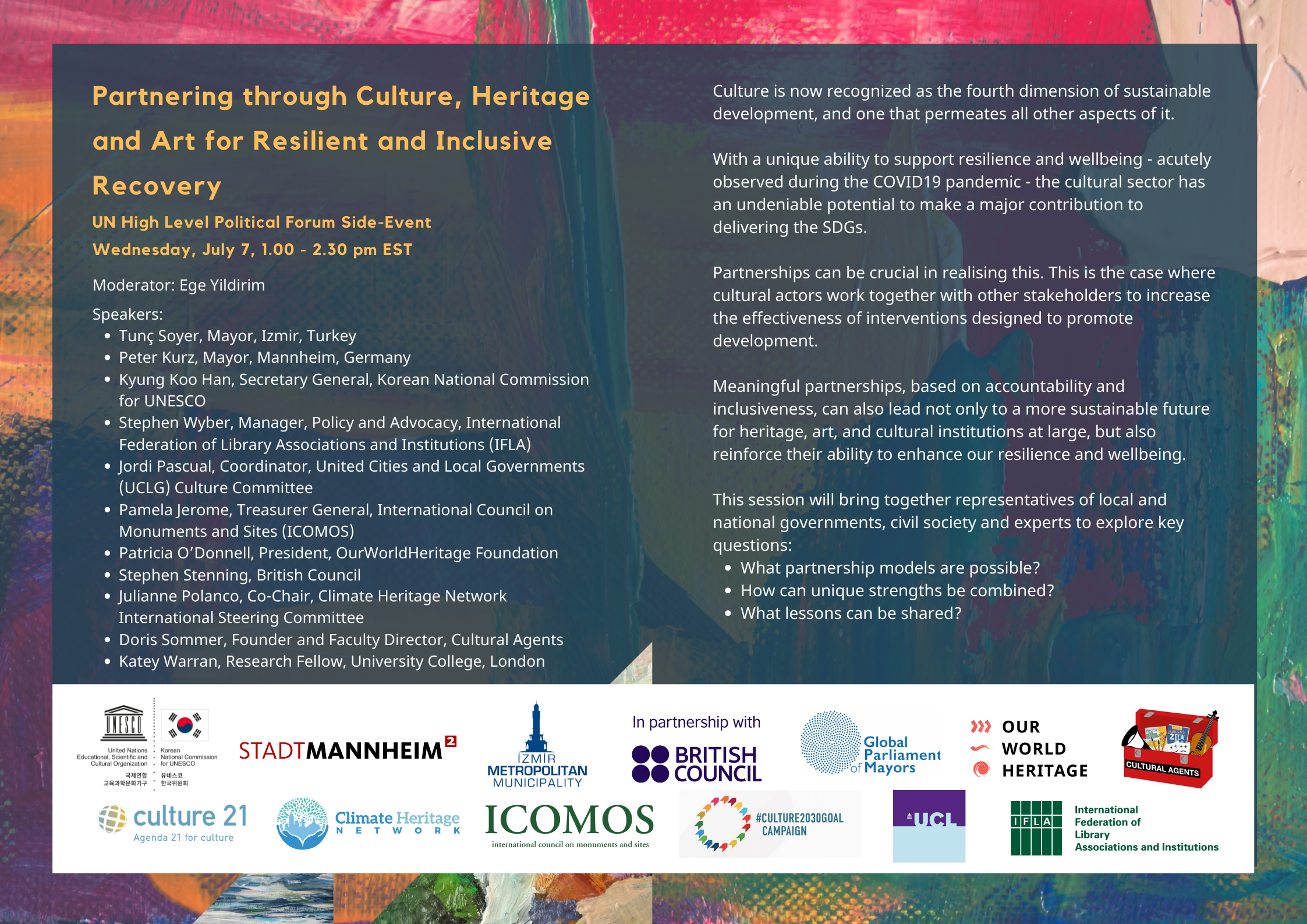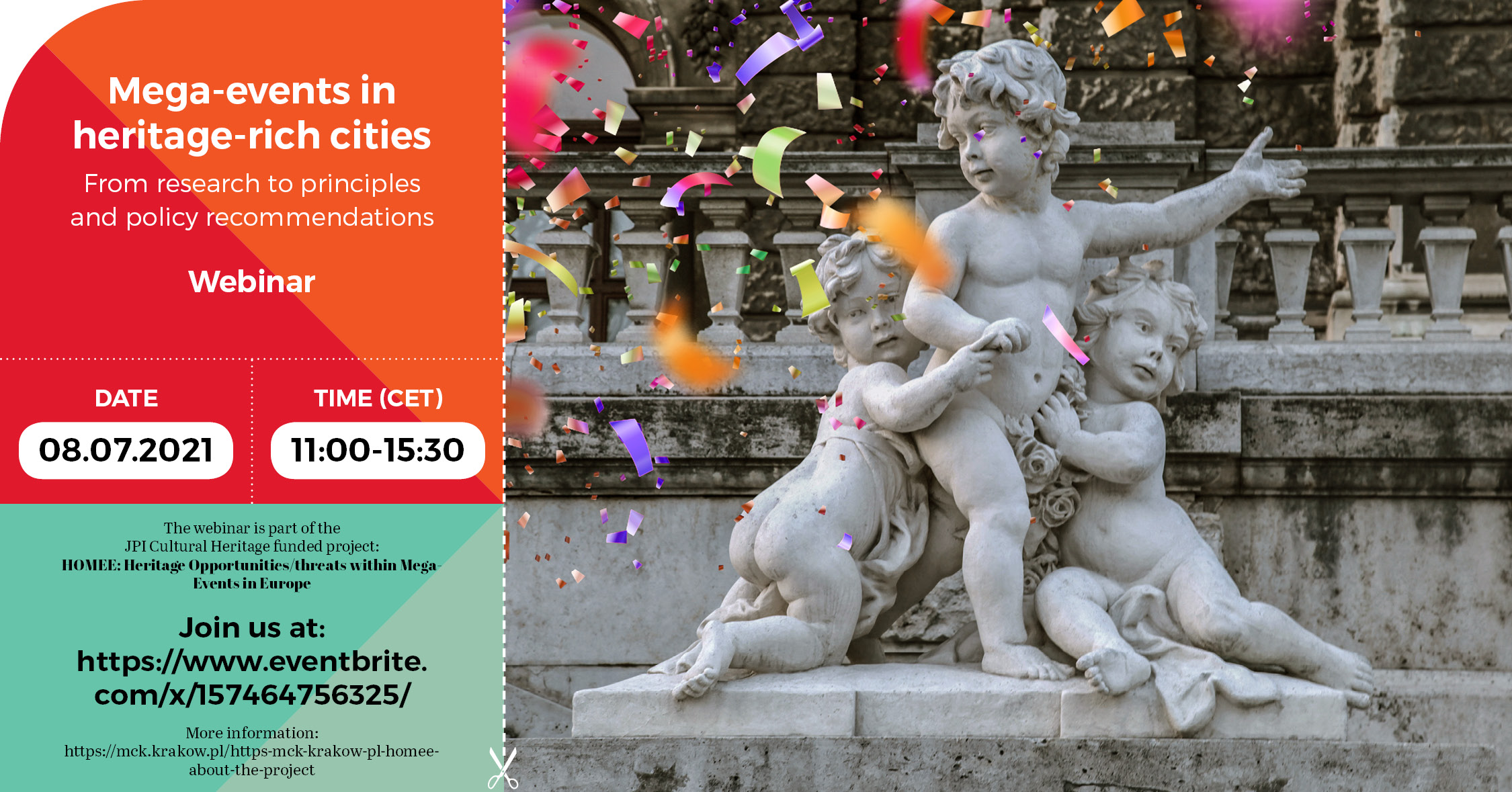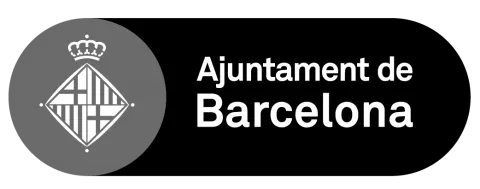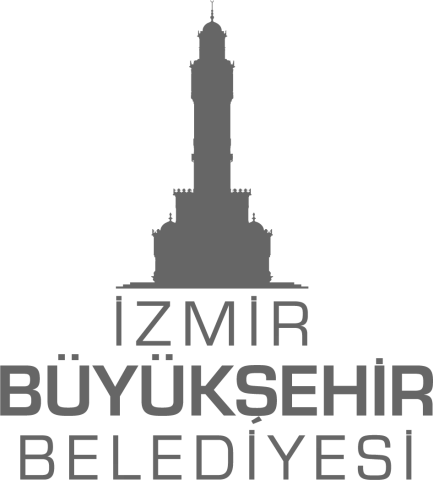On next 11 February 2022, UCLG Committee on Culture together with UCLG-Africa and Culture et Développement will organise a webinar on 'Culture and the SDGs in Africa: Strategies and Realisations'.
The webinar will aim at discussing the role of culture in sustainable development and the implementation of global agendas on development in Africa, providing local examples from Africa and elsewhere of the effective implementation of culture towards the realisation of the Sustainable Development Goals (SDGs). Among others, it will present the African Capital of Culture initiative as a valuable contribution to building stronger ecosystems across the African continent, and will introduce specific useful tools aiming at enhancing local cultural policies for sustainable development.
The webinar will be available in English (14.00-16.00h CET) and French (10.00-12.00h CET). The Agenda of the webinar can be found here. The webinar is limited to 20 participants. Don't wait to register!


